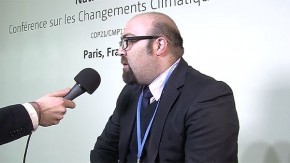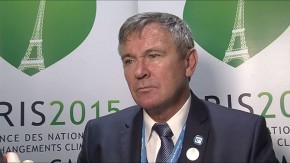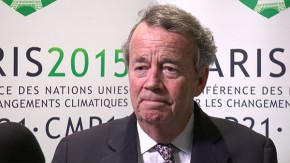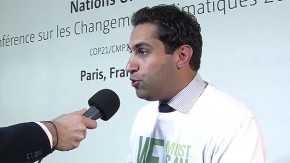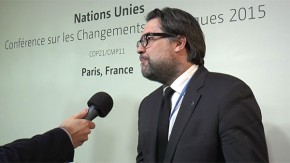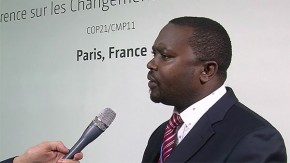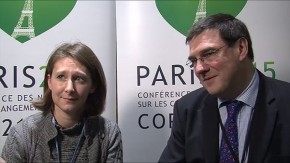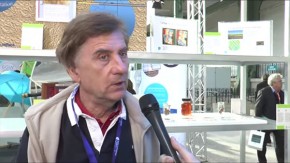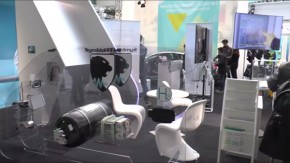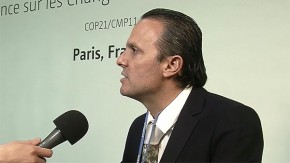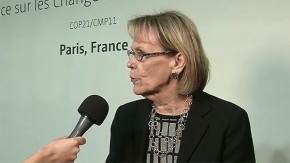Vahakn explains that given the fact that almost half the Lebanese population has a refugee status, which has put extra demands on electricity and power in the country that the government has been unable to reach, producing an INDC in this context took some time. However, in the end Lebanon has created an INDC with the hope that by its implementation in 2020 most of the refugees will have returned home. Vahakn believes we can learn from the current refugee crisis in order to implement better ways of coping with a potential future climate refugee crisis. In particular he advocates the need to create resilient host communities so that social integration can occur and reduce conflict. Finally, he comments on the Lebanese expectation of COP21 that there will be decline in emissions by 2100 and hopes to see enough action that will significantly reduce the number of future climate refugees.
